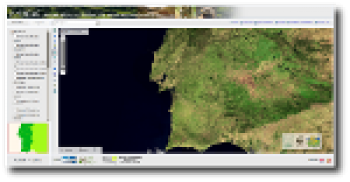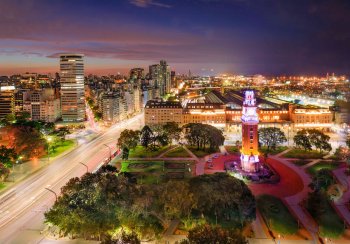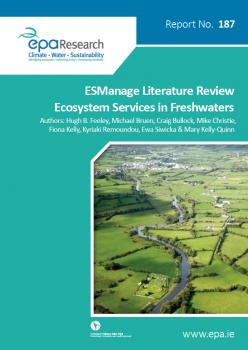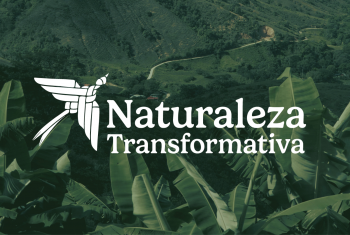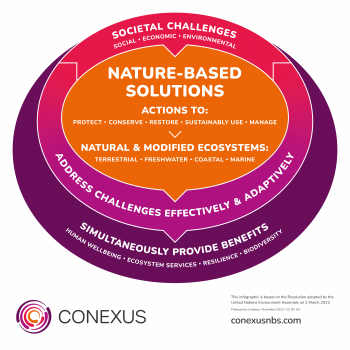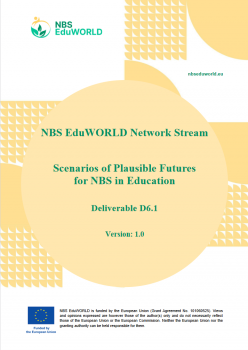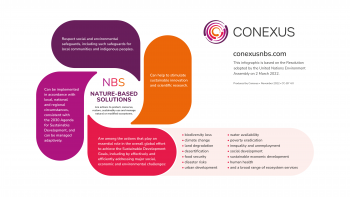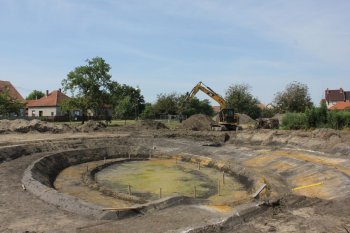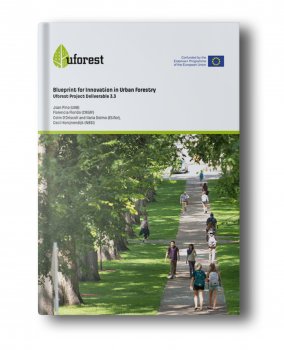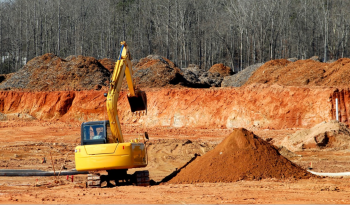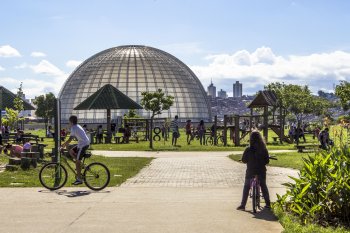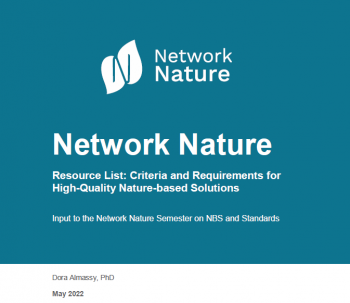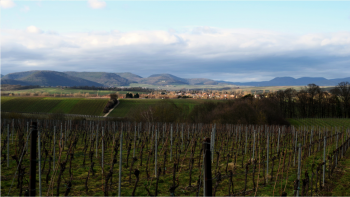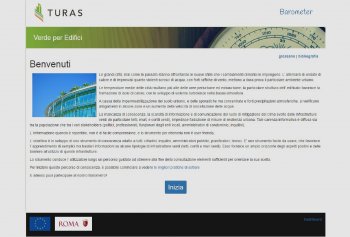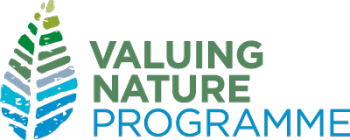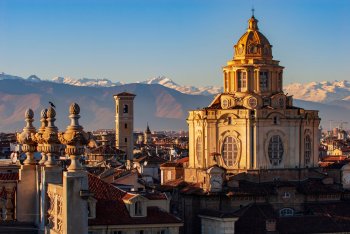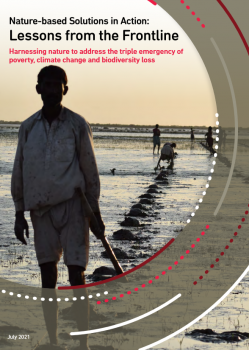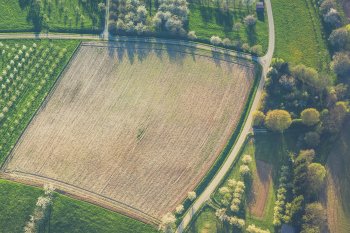Marketplace
Deliverable 2 Report on the outcomes of the lessons learned, mapping of emerging experiments and expert workshops, leading to a synthesis of the most promising indicators for nature- based solutions
"This Deliverable presents the Connecting Nature Impact Assessment framework and capacity building process whose aim has been to support the mainstreaming of a culture of impact evaluation and evidence based nature-based solutions (NbS) design and implementation in cities. The framework is the
HABEaS - Hotspot Areas for Biodiversity and Ecosystem Services
HABEaS stands for Hotspot Areas for Biodiversity and Ecosystem Services and is a free online geographic information system that provides information on biodiversity and ecosystem services to stakeholders in the Mediterranean Basin. Currently, it covers Portugal and Bosnia and Herzegovina.
Co-learning Forum Handbook for application of the Co-learning Forum methodology
This handbook is a how-to guide for implementing Co-learning Forums, a platform for co-learning and co-production of knowledge, and includes key methodology and tools for organisation and facilitation, in both digital and face-to-face participatory activities. The methodology is grounded in the
ESManage Literature Review: Ecosystem Services in Freshwaters
The ESManage Literature Review highlights how pressures have implications for a range of ecosystem services derived from freshwaters. It considers how the framework aligns with the objectives of current policy and legislation to inform management of freshwater resources. This review details the
The Norwegian Nature Index
Norway's Nature Index is intended to document overall trends for the state of major ecosystems throughout the country, and to provide a readily available overview of whether Norway is making progress towards its goal of halting the loss of biodiversity.
Naturaleza Transformativa
Naturaleza Transformativa: soluciones para la biodiversidad y las personas en Latinoamérica y el Caribe, emerge como una plataforma digital de conocimiento e innovación para la comunidad científica y de práctica en la región. Está diseñada como un repositorio dinámico de información y experiencias
Nature-based solutions definition infographics
The adoption of the globally agreed definition of nature-based solutions by the UN Environment Assembly in March 2022 was a great boost to international collaboration. It placed the focus sharply on accelerating the implementation of nature-based solutions to tackle societal challenges. To help
Nature-based solutions definition infographics II
The adoption of the globally agreed definition of nature-based solutions by the UN Environment Assembly in March 2022 was a great boost to international collaboration. It placed the focus sharply on accelerating the implementation of nature-based solutions to tackle societal challenges. To help
TELEPÜLÉSI KLÍMAADAPTÁCIÓ: Adaptációs jó gyakorlatok
Az adatbázis célja a hazai önkormányzatok hatékony klímaadaptációjának elősegítése és a klímaváltozással szembeni sérülékenységük csökkentése hazai és nemzetközi jó gyakorlatok bemutatása által. A találatok célirányosan, a projekt, a technológia vagy a település megadásával szűrhetők.
Blueprint for Innovation in Urban Forestry
Blueprint for Innovation in Urban Forestry: a review of urban forestry’s potential for a healthier and more sustainable future Urbanisation is a global trend: according to the United Nations Department of Economic and Social Affairs (UN DESA), today 55.5% of the world’s population lives in urban
ZÖLD-KÉK INFRASTRUKTÚRA: Kedvezményezetti találkozó az építésügyről és településfejlesztésről
2019. decemberében megtartott kedvezményezetti találkozó prezentációs anyagai, többek között az ITM, BME, Miniszterlenökség, Lechner Tudásközpont, MUT, Budapest XII. és XIII. kerületi előadók bemutatásában.
ASSESSMENT FRAMEWORK, INDICATORS AND PARTICIPATORY MONITORING PROCESS
This report presents the CONEXUS participatory assessment framework to maximize co-benefits and ensure local impact of urban nature-based solutions (NBS). The CONEXUS participatory assessment framework consists of: 1) A portfolio of indicators on NBS performance; 2) A comprehensive yet simple
Resource List: Criteria and Requirements for High-Quality Nature-based Solutions
This review includes a list of selected resources that discuss the criteria and the requirements of high-quality nature-based solutions (NbS). The list consists of resources that offer a comprehensive approach to NbS quality considerations and documents that focus on specific aspects of NbS quality
OPERAs Wine Exemplar Summary
Summarizes the work of the OPERAs Wine Exemplar, including researchers and stakeholders involved, tools used, and publications and outreach materials produced.
Opinion Barometer
Online tool for collecting information and opinions in the course of introducing new UGI approaches and doing UGI transition projects.
Valuing Nature: Demystifying Economic Valuation Paper
This paper covers the main issues, questions and principles surrounding economic valuation and is designed as an overview for those new to economic valuation. The paper brings together input from 120 volunteers from the economic valuation community. The paper provides a summary of agreed principles
Report on NBS professional Skill Gaps
This report identifies nature-based solutions (NBS) professional skill gaps in order to give guidance on how Nature-based Thinking (NBT) can be better integrated into higher education and professional training. To identify the skill gaps, two different approaches for data collection were deployed
Nature-based Solutions in Action: Lessons from the Frontline
The 13 case studies in this report have been contributed by environment, development and local community organisations. They show NbS in action in a wide range of contexts, from a Farmers’ Seed Network in China that supports agroecology by conserving traditional seeds, to large-scale watershed
Agroforestry benefits nature, climate and farming
Agroforestry is a land management practice that combines cultivation and farming systems with trees and shrubs. It can include agricultural hedges, parks and wooded pastures, but also innovative systems, such as contour planting and forestry cultivation. This approach offers many benefits for both
- ‹ previous
- 15 of 45
- next ›


